Pakistan erupted in applause on Wednesday night when Prime Minister Shehbaz Sharif inked a deal with Riyadh that state media hailed as a “historic” Strategic Mutual Defence Agreement with Saudi Arabia.
Anchors declared it a milestone for the “Ummah”, the military projected it as proof of Pakistan’s enduring global relevance, and social media buzzed with claims that India had been put on notice. Yet, beneath the theatrics, the agreement looks less like a turning point in geopolitics and more like a carefully choreographed public relations exercise to salvage the image of Pakistan’s military establishment.
Far from tilting South Asia’s balance of power, the pact only reaffirms three enduring truths: Saudi Arabia protects Saudi Arabia, Pakistan rents out its army for survival, and India has little to fear.
A Pact Serving Riyadh, Not Islamabad
Saudi Defence Minister Prince Khaled bin Salman declared after the signing that “any aggressor against Saudi Arabia or Pakistan will face a united response.”
Predictably, Pakistan’s commentariat spun this as an implicit warning to India. But the regional context reveals otherwise. Riyadh has been anxious about Israeli strikes, particularly around its oil infrastructure and territorial security. Against this backdrop, the pact looks less like a military revolution in South Asia and more like an insurance policy for Riyadh.
The reality is that this is not the first time Saudi Arabia and Pakistan have entered such understandings. During the Iran–Iraq War, Islamabad assured Riyadh that any attack on the Kingdom would be treated as an attack on Pakistan.
Impact Shorts
More ShortsIn 2014, when Riyadh assembled an Islamic coalition to contain regional turbulence, it was Pakistan’s former Army Chief, General Raheel Sharif, who was appointed to lead it. In each instance, Pakistan’s role was to provide manpower and political legitimacy for Saudi security concerns.
But in Pakistan’s own wars with India—in 1965, 1971, and even during Kargil in 1999—Riyadh offered only financial aid and diplomatic support. Never once did Saudi Arabia dispatch troops to fight India. The reason is simple: Riyadh acts in its own interests, not Islamabad’s.
This makes Pakistan’s triumphalism today all the more revealing. The deal arrives at a time when the military faces unprecedented domestic hostility. Since the arrest of Imran Khan in 2023, Pakistan has teetered on the brink of civil war. Crowds torched army units, stormed cantonments, and rammed tanks in scenes unimaginable only a few years earlier.
For the generals, long accustomed to being revered as guardians of the state, this was an existential humiliation. They needed a narrative to restore authority, and the Saudi pact has been seized as that narrative. By presenting it as proof of international stature, Islamabad is not so much reassuring Riyadh as it is trying to reassure itself and its own citizens that the Army still commands respect abroad.
Yet the imbalance is glaring. Saudi Arabia gets a nuclear-armed partner formally tied to its defence, strengthening its deterrence posture against external threats. Pakistan, on the other hand, gets only fleeting prestige—a transactional arrangement that reminds the world it remains a supplier of mercenary manpower rather than a strategic equal.
India’s Deepening Weight in Riyadh’s Calculus
India, by contrast, has reacted with calm confidence. New Delhi’s Ministry of External Affairs noted the pact and promised to study its implications, but its carefully measured language conveyed no alarm.
The reason is clear: Saudi Arabia has never and will never mortgage its broader interests for Pakistan’s sake.
The scale of India-Saudi ties today dwarfs anything Islamabad can offer. Bilateral trade stood at $53 billion in 2022-23, making Saudi Arabia India’s fourth-largest trading partner. Nearly one-fifth of India’s crude oil needs are met by Saudi wells, binding the two economies in a relationship of deep interdependence.
Beyond hydrocarbons, Riyadh’s Public Investment Fund has pledged around $100 billion in Indian ventures, with investments in Reliance Jio Platforms, renewable energy, and major infrastructure projects.
Equally significant is the human bridge. More than 2.6 million Indians live and work in Saudi Arabia, forming the largest expatriate community in the Kingdom.
Unlike the predominantly unskilled labour pool Pakistan exports, the Indian community is made up of engineers, doctors, IT professionals, and skilled technicians who contribute directly to Saudi Arabia’s Vision 2030 modernisation drive. Indian firms such as Larsen & Toubro, Wipro, and TCS are already embedded in Saudi projects, while entrepreneurs like Mukesh Ambani and Yusuf Ali maintain major operations there. This human and economic integration makes India indispensable to Riyadh’s future.
Security cooperation adds another layer. Saudi Arabia has extradited suspects accused of financing terrorism in India and has proscribed groups with links to Pakistan-based militants.
The Kingdom has no appetite for legitimising Islamabad’s adventurism, and its willingness to align with India on counterterrorism underscores where Riyadh’s long-term calculus lies. Against such a backdrop, the idea that Saudi Arabia would jeopardize all of this to indulge Pakistan’s hostility towards India is not just far-fetched—it is delusional.
Pakistan’s Decline and the Forgotten OIC Lesson
The other side of the equation is Pakistan’s collapse. Its economy, once touted as an “emerging market,” has become a graveyard for multinational corporations. Yamaha recently shut motorcycle production, Microsoft ended its quarter-century presence, and pharmaceutical giants like Pfizer, Sanofi, and Bayer have exited. Uber and Careem have folded operations, while Shell, Telenor, and TotalEnergies have scaled back or departed entirely.
Each exit is more than a business loss; it is a vote of no confidence in Pakistan’s stability and governance. Stripped of industrial relevance, Pakistan is left with only one export—its army. And that is precisely what the Saudi pact reflects: Riyadh gains soldiers, while Islamabad gains cash and a patina of importance.
Yet Pakistan’s reliance on religious symbolism to justify these arrangements must be scrutinised—especially by Indian Muslims who are repeatedly told to view themselves through the lens of “Ummah solidarity”.
History offers a sobering reminder. In 1969, at the inaugural OIC summit in Rabat, India sent a delegation led by Dr. Fakhruddin Ali Ahmed, who would later become President of India. Pakistan lobbied furiously to have the Indian delegation expelled, and it succeeded. The world’s third-largest Muslim population was denied representation at a forum that claimed to unite the Muslim world, simply because Islamabad demanded it.
That betrayal still resonates. If the so-called “Ummah” truly cared about Indian Muslims, their voices would have been welcomed at the OIC from the start.
Instead, Pakistan ensured they were silenced. This underlines an enduring truth: every state pursues its own national interest. Saudi Arabia defends Saudi Arabia. Pakistan defends the Pakistani Army. And it is India alone that safeguards the interests of its Muslim citizens.
The Saudi-Pakistan pact therefore should not be read as a new threat to India. It is not a sword pointed at New Delhi, but a shield for Riyadh. It is an act of deterrence aimed at other regional flashpoints, not a license for Islamabad’s reckless ambitions.
For Pakistan, it is a desperate attempt to restore legitimacy amid domestic chaos and economic freefall. For Saudi Arabia, it is a pragmatic insurance policy. For India, it is noise, not strategy.
In the end, the lesson is clear: Pakistan survives on rented alliances, India thrives on real partnerships. And Indian Muslims, rather than chasing mirages of Ummah solidarity, must remember that their true strength lies not in the hollow promises of external patrons but in the democratic and civilisational fabric of India itself.
Zahack Tanvir is an Indian-origin Middle East expert and founder of the UK-based ‘The Milli Chronicle’. With expertise in geopolitics and counter-extremism, he provides insights into global affairs. He holds certifications in Counterterrorism from the University of Leiden (Netherlands) and Georgetown University (Washington, DC). He tweets under @ZahackTanvir. Views expressed in the above piece are personal and solely those of the author. They do not necessarily reflect Firstpost’s views.


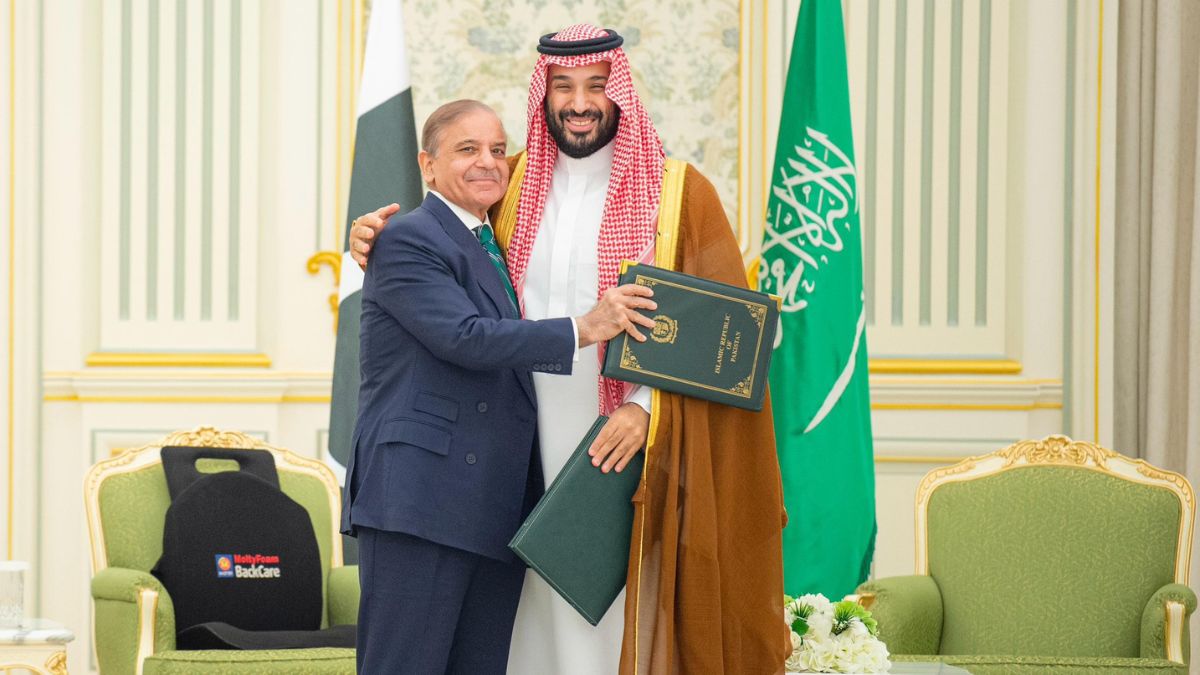)
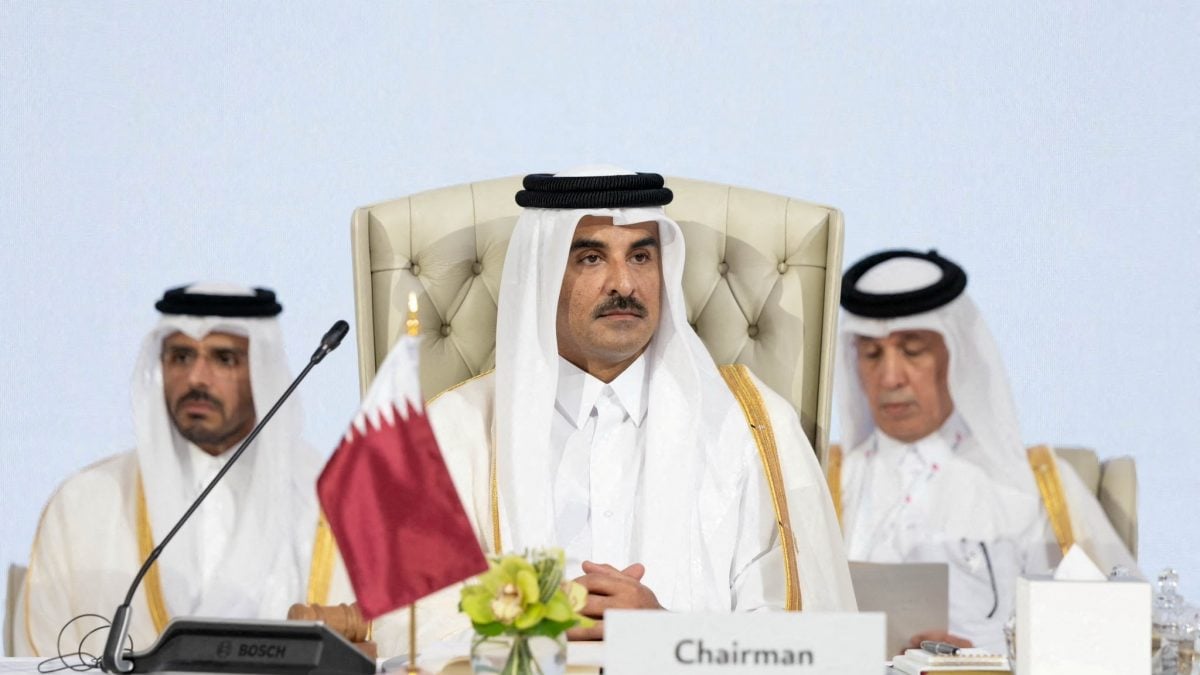
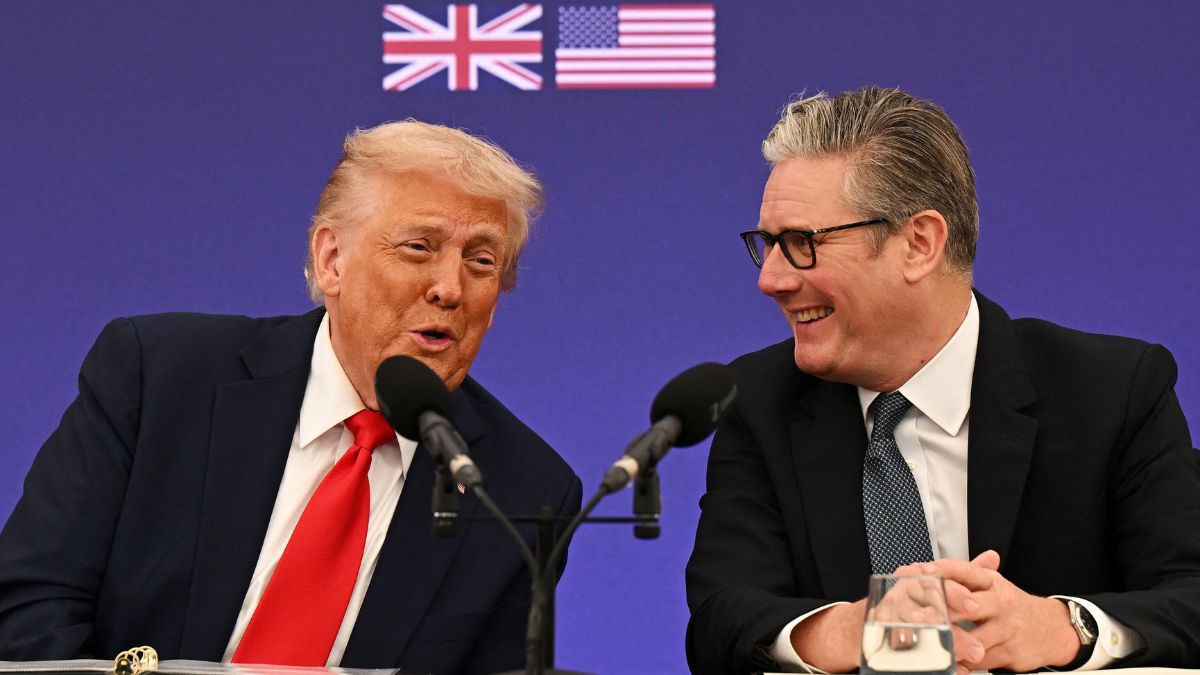)
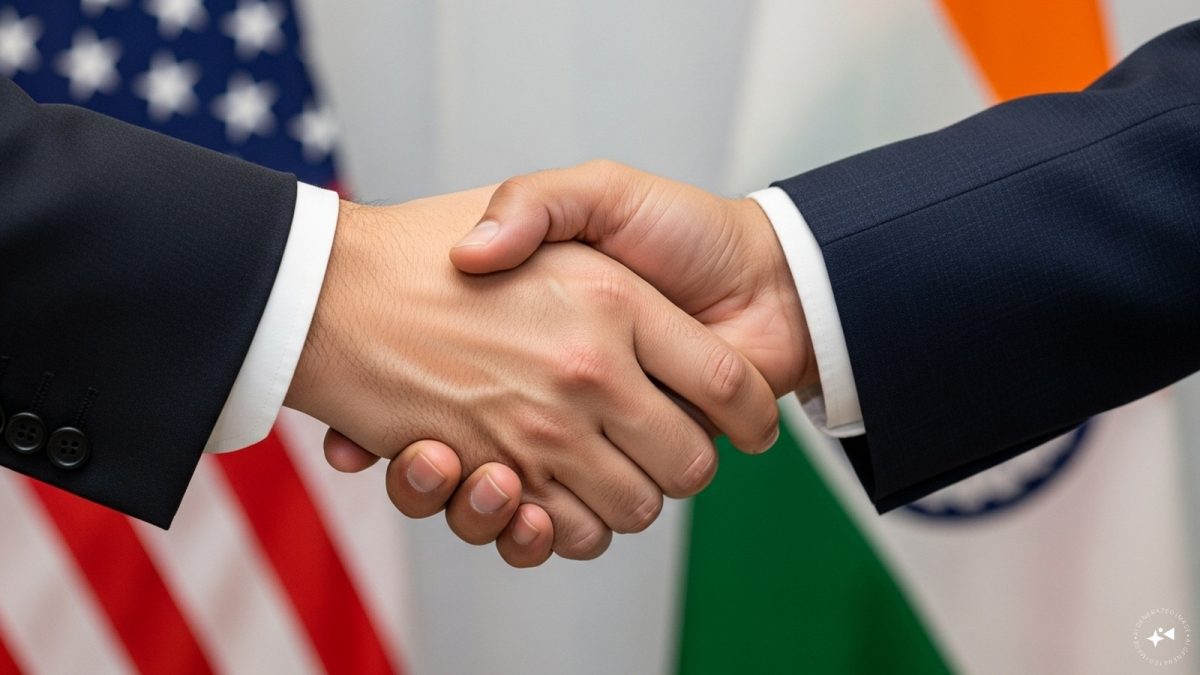)
)
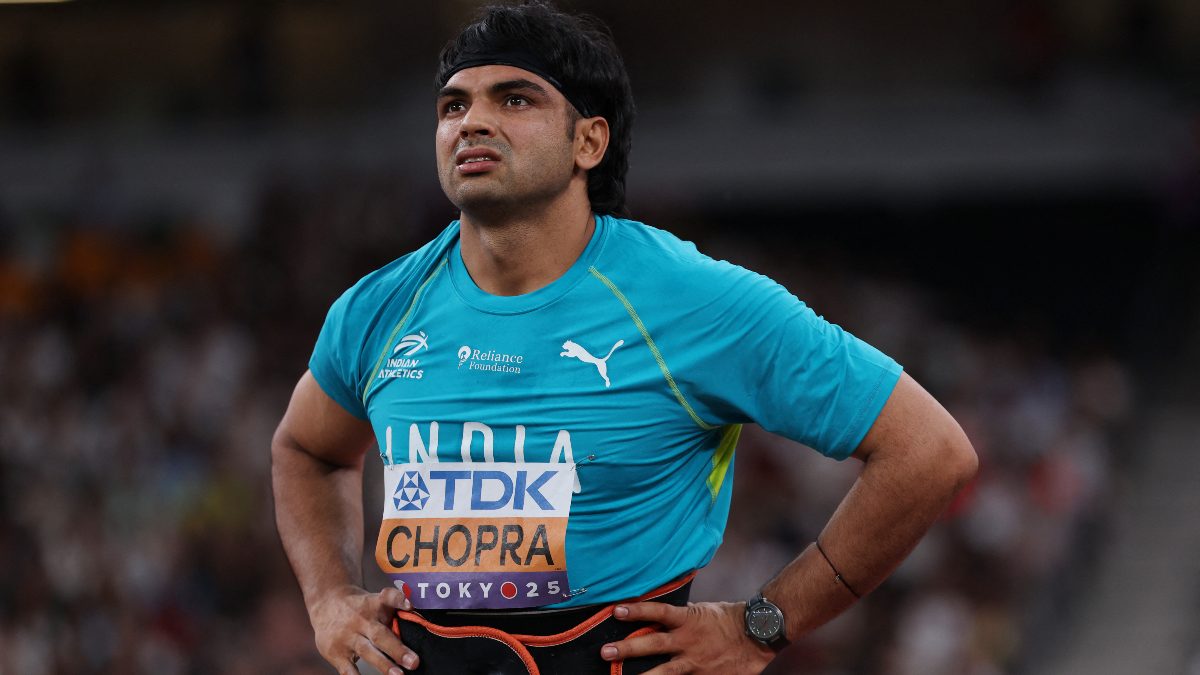)
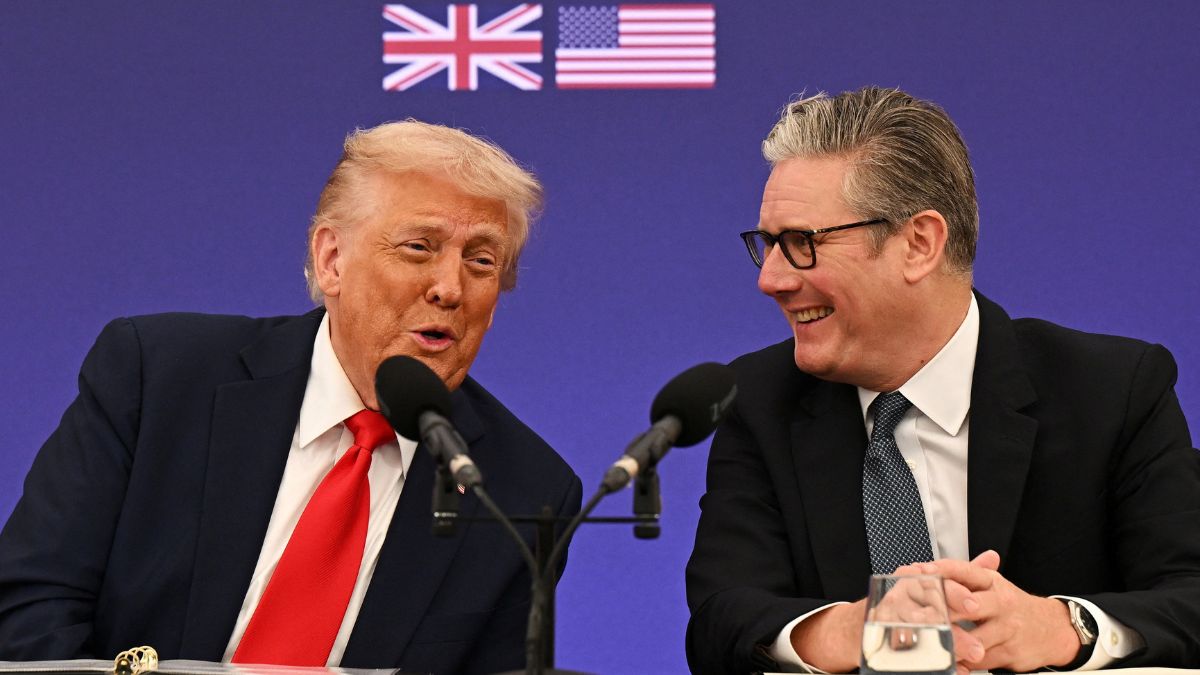)
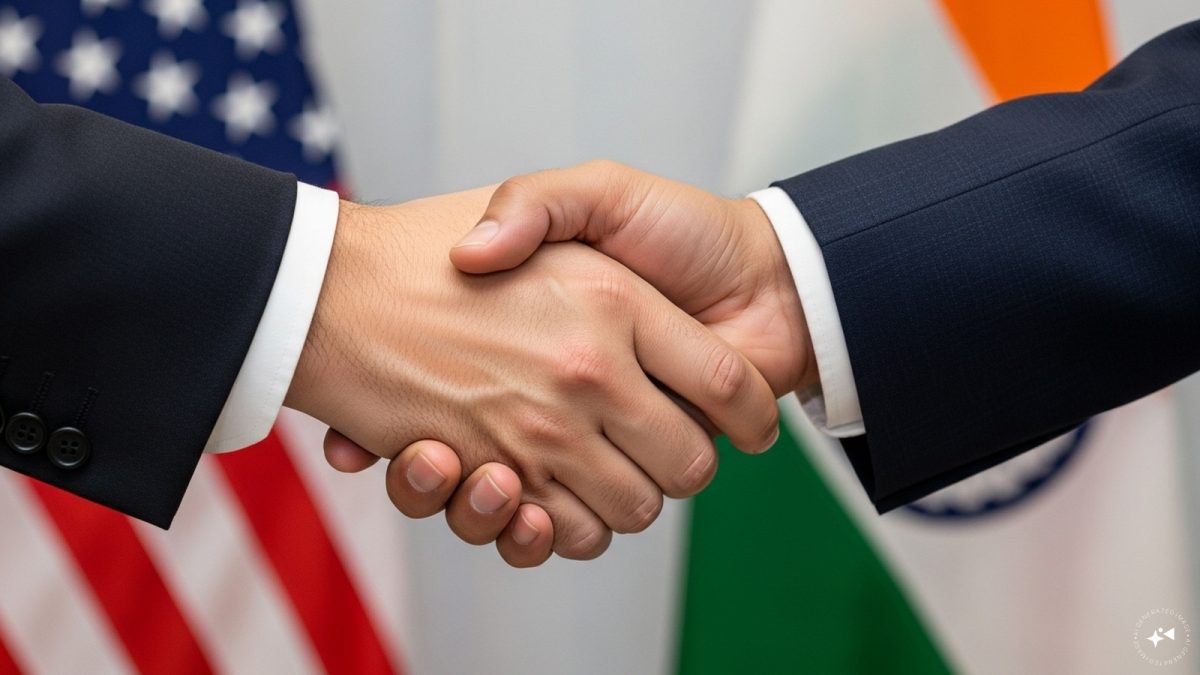)
)
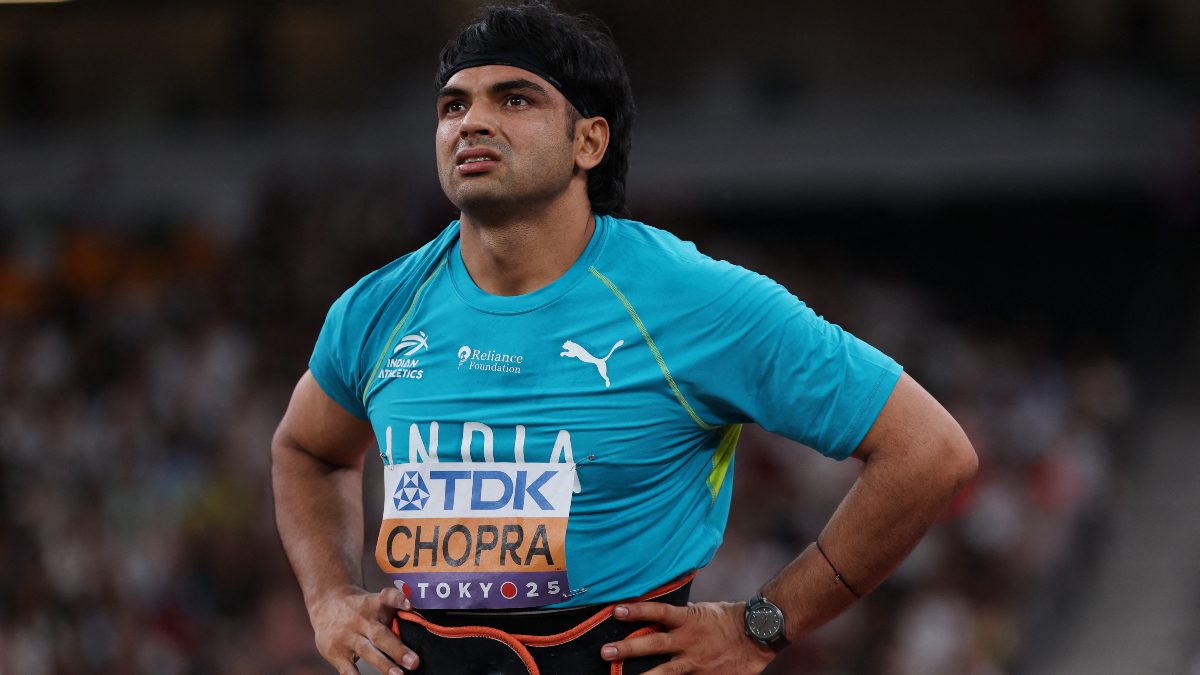)



